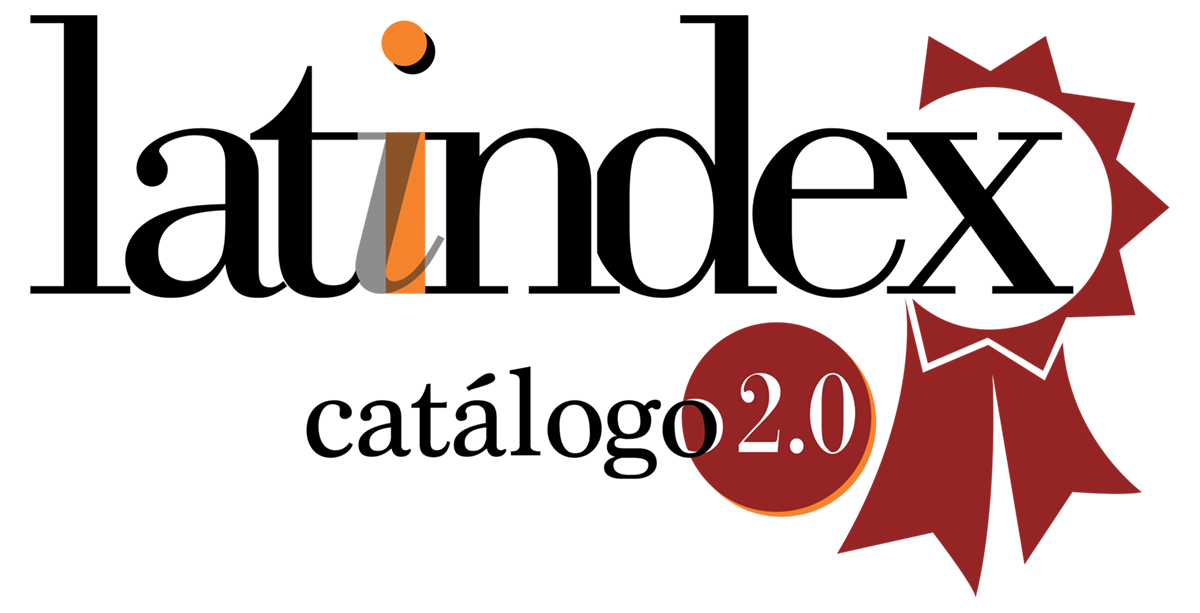Relationship University-Cultural Institution
Axis for the Formation of a Work Culture in Students
DOI:
https://doi.org/10.24215/18529569e006Keywords:
work culture, work practice, social development, university studentsAbstract
The relationship between the university and the cultural institutions constitute the articulating axis for the realization of the professional or pre-professional practice of the university students. The educational work carried out by the Provincial Library in the management of these practices prepares students to be able to respond to problems that arise in their professional work, which materializes in the formation of a work culture, that favors the modeling of attitudes, of behaviors and the transformation of the contexts in which it interacts, which taxes social development.Downloads
References
BATISTA DE LOS RÍOS, D. (2017). Gestión pedagógica de la extensión universitaria para la formación integral del estudiante [Tesis de Doctorado]. Las Tunas, Cuba: Universidad de Las Tunas.
ESPINOSA, J. A. (2008). Gestión de la cultura profesional en la educación superior [Tesis de Doctorado]. Holguín, Cuba: Instituto Superior Pedagógico «José de la Luz y Caballero».
FONG, A. (2005). La formación laboral del educando en las transformaciones de la escuela básica cubana. La Habana, Cuba: Pedagogía.
PÉREZ, A. (2009). La cultura laboral en las condiciones del modelo de Secundaria Básica [Tesis de Doctorado]. Santiago de Cuba, Cuba.
UNESCO (2001). Declaración Universal sobre la Diversidad Cultural. Recuperado de http://portal.unesco.org/es/ev.php-URL_ID=13179&URL_DO=DO_TOPIC&URL_SECTION=201.html
Downloads
Published
How to Cite
Issue
Section
License
Copyright (c) 2017 Carmen Velázquez Quintana, Dagneris Batista de los Ríos

This work is licensed under a Creative Commons Attribution-NonCommercial-ShareAlike 4.0 International License.
The acceptance of an original by the journal implies the non-exclusive transfer of the patrimonial rights of the authors in favor of the publisher, who allows the reuse, after its edition (postprint), under a Creative Commons License Attribution-NonCommercial-ShareAlike 4.0 International.
According to these terms, the material can be shared (copy and redistribute in any medium or format) and adapted (remix, transform and create another work from the material), provided that a) the authorship and the original source of their publication (magazine and URL of the work) are cited, b) is not used for commercial purposes and c) the same terms of the license are maintained.
The assignment of non-exclusive rights implies that after postprint in Extensión en red authors may publish their work in any language, media and format; in that case, it is requested that they signal that the material was originally published by this journal.
Assignment also entails the authors’ authorization for the work to be collected by SEDICI, the institutional repository of the Universidad Nacional de La Plata, and for it to be indexed in the databases that the publisher thinks appropriate for enhancing the visibility of the published work and its authors.
In addition, the journal encourages authors to submit their works to other institutional and thematic repositories after their publication in Extensión en red, under the assumption that offering society unrestricted access to scientific and academic production contributes to a greater exchange in global knowledge.








.jpg)

.png)


.png)





















